Fly-by-night news sites are popping up all over the internet – reader beware.
Max Baco
Kicker
Misinformation is running more rampant on social media now than it has ever been. After the Online News Act (Bill C-18) was passed and trusted news sources were silenced, Facebook news sites started sharing content without proper fact checking.
“It (Bill C-18) has opened the door to anonymous and/or illegitimate news content,” said Earl Noble, a journalist with NTV. “There’s no oversight or governing body to ensure that the journalistic code of ethics is being followed.”
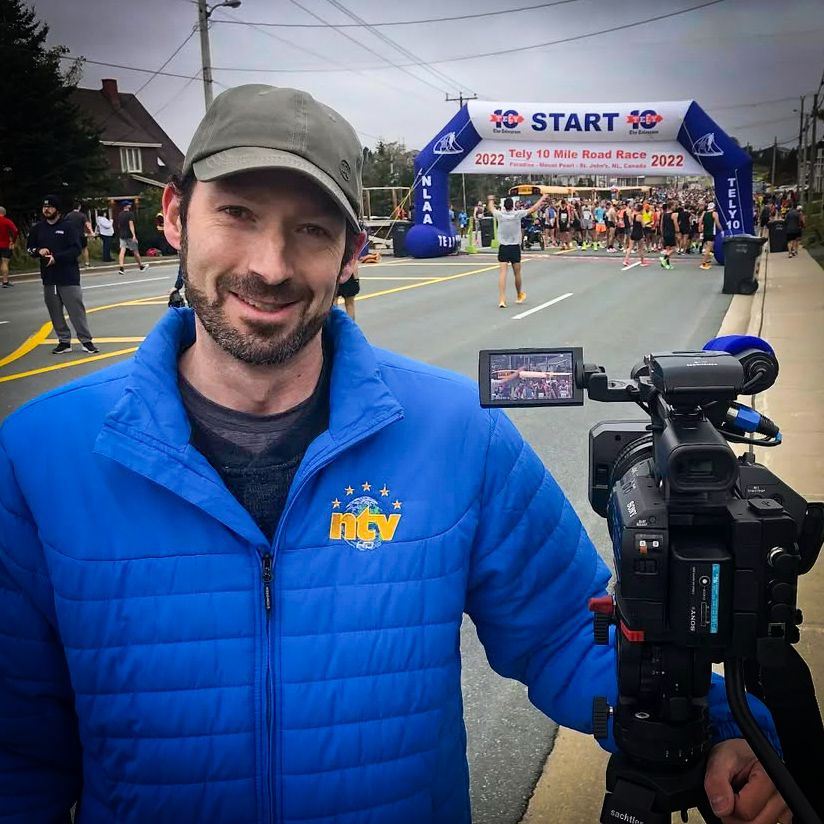
The Online News Act, or Bill C-18, is a federal law that was passed in June 2023 that requires large platforms like Meta, Facebook’s parent company, and Google to pay news agencies when using their content. In response, Meta banned news sharing on its platforms instead of paying for the content.
Terry Sooley is with NL Info. That Facebook site currently has 4,300 followers.
“It’s important that (when) people have information that they can share it,” Sooley said.
Without news content on a platform for information sharing, says Noble, inaccuracy becomes the main danger to the public.
There are 23 million people in Canada who use Facebook and 32 million who use social media.
According to Media in Canada, 16 per cent of users turn to Facebook for news while 11 per cent turn to Instagram. Both are owned by Meta.
People end up believing what they see on Facebook, says Noble, because the pages who post this type of content make it believable. And while he says some of them can be accurate and believable, it’s important to remember the platform also carries misleading information.
“It really blurs the line between legitimate news coverage and illegitimate news coverage when you have the illegitimate stuff (on Facebook),” said Noble.
Two such popular such pages are NL Info and NLFD Bulletin.
“They are doing a lot of the same things I do,” said Noble about NFLD Bulletin. “They cover spot news, breaking news around the northeast Avalon.”
NFLD Bulletin did not respond to a interview request.
NL Info is an independent Facebook page that started with a website called Newfound News in 2016. Four volunteers run the site.
According to Sooley, they started the website to fill the void of news in rural Newfoundland, specifically on the west coast.
“Our goal was to fill that void to ensure adequate representation across the province,” said Sooley, who lives in Mount Pearl.
They began using Facebook as an information platform during the summer when the wildfires started.
NL Info has now transitioned to covering more St. John’s area news.
Noble and Sooley say they’ve had content stolen and posted on other Facebook sites.
“It’s really frustrating,” Noble said.
Aside from inaccuracy, Noble said having to compete for people’s attention is also frustrating. He added how some of these pages sensationalize content to get shares and likes.
“I think a lot of them are probably stretching the truth a little bit,” Noble said.
And for Sooley, who is aware of the ethics behind journalism and ensures their content goes through a process of fact checks, he’s disheartened.
“We provide fair and balanced reporting,” Sooley said.
It’s information-based clickbait, he says.
“Even if there’s a shred of (truth) to it, that’s still dangerous because you aren’t providing the full story.”
Neither feel comfortable to disclose information about these pages, but Noble did make a post about a now-defunct Facebook page called Newfie News. When he found his photo posted on the site, he challenged the page admins. Within hours the page went dark.
“I have no idea if it was being run by a person or a bot,” said Noble.
A bot is software that is programed to complete repetitive tasks and can be used for nefarious activities.
Noble and Sooley want this issue resolved in different ways.
Sooley wants the C-18 revoked overall while Noble isn’t sure if there is anything the government can do.
“These pages can pop up overnight,” Noble said.
Anonymous journalism is also a concern that Noble has. He says that with no one to hold their feet to the fire, these pages face no consequences.
“If you can’t put your name to something and stand by it, be held accountable for it, then that can lead to taking advantage of (your) anonymity,” said Noble.
Facebook, says Sooley, could introduce a fact-checking function that might limit such misinformation.
“It’s important to look at the sources of where they’re getting information and to make the best decision,” said Sooley.
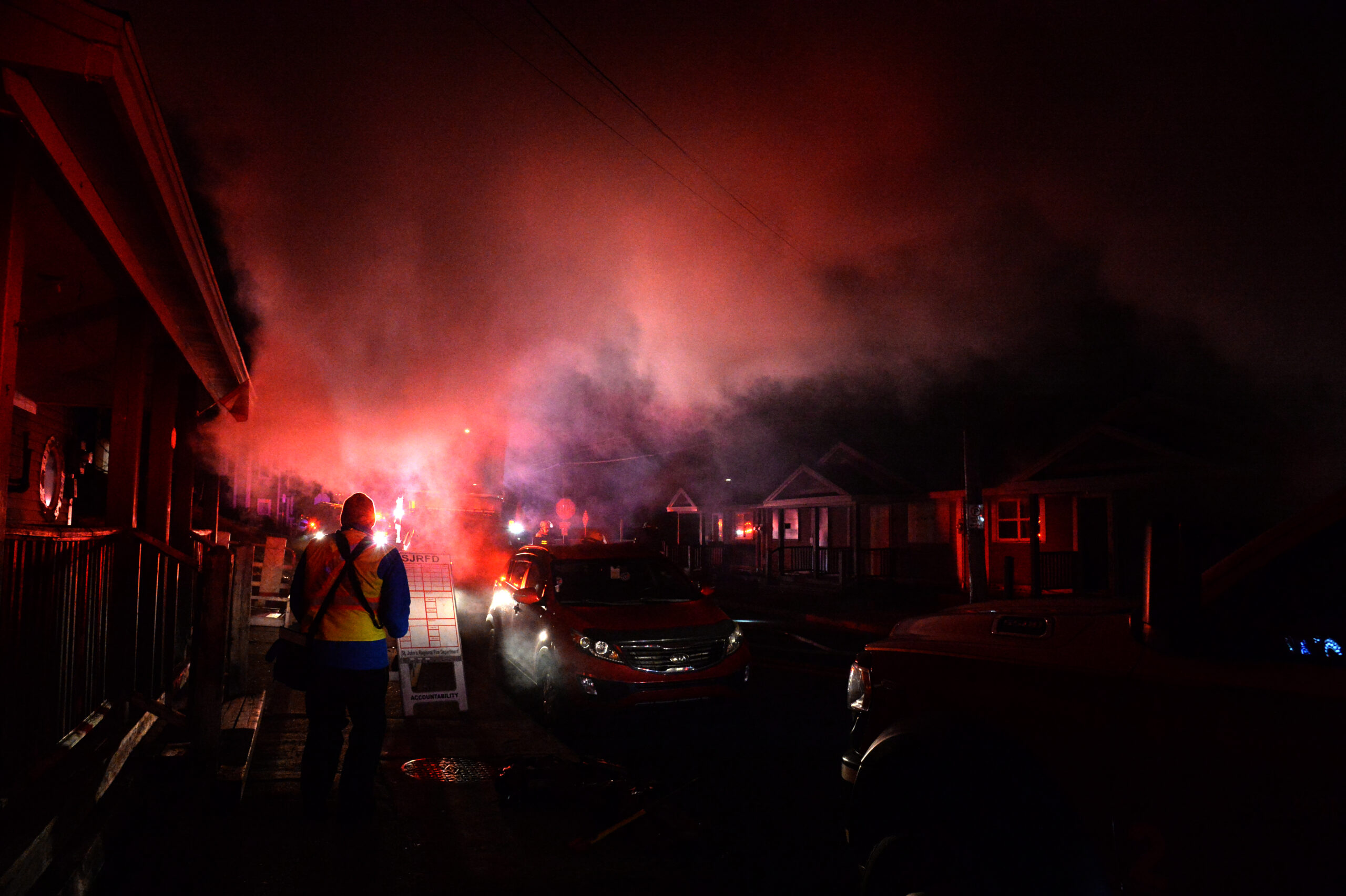

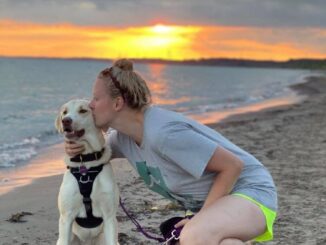
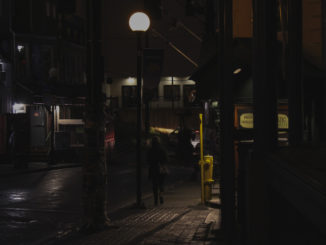
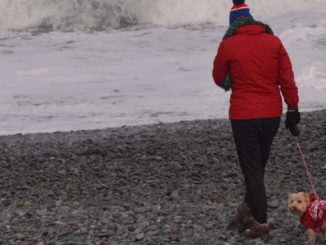
Be the first to comment